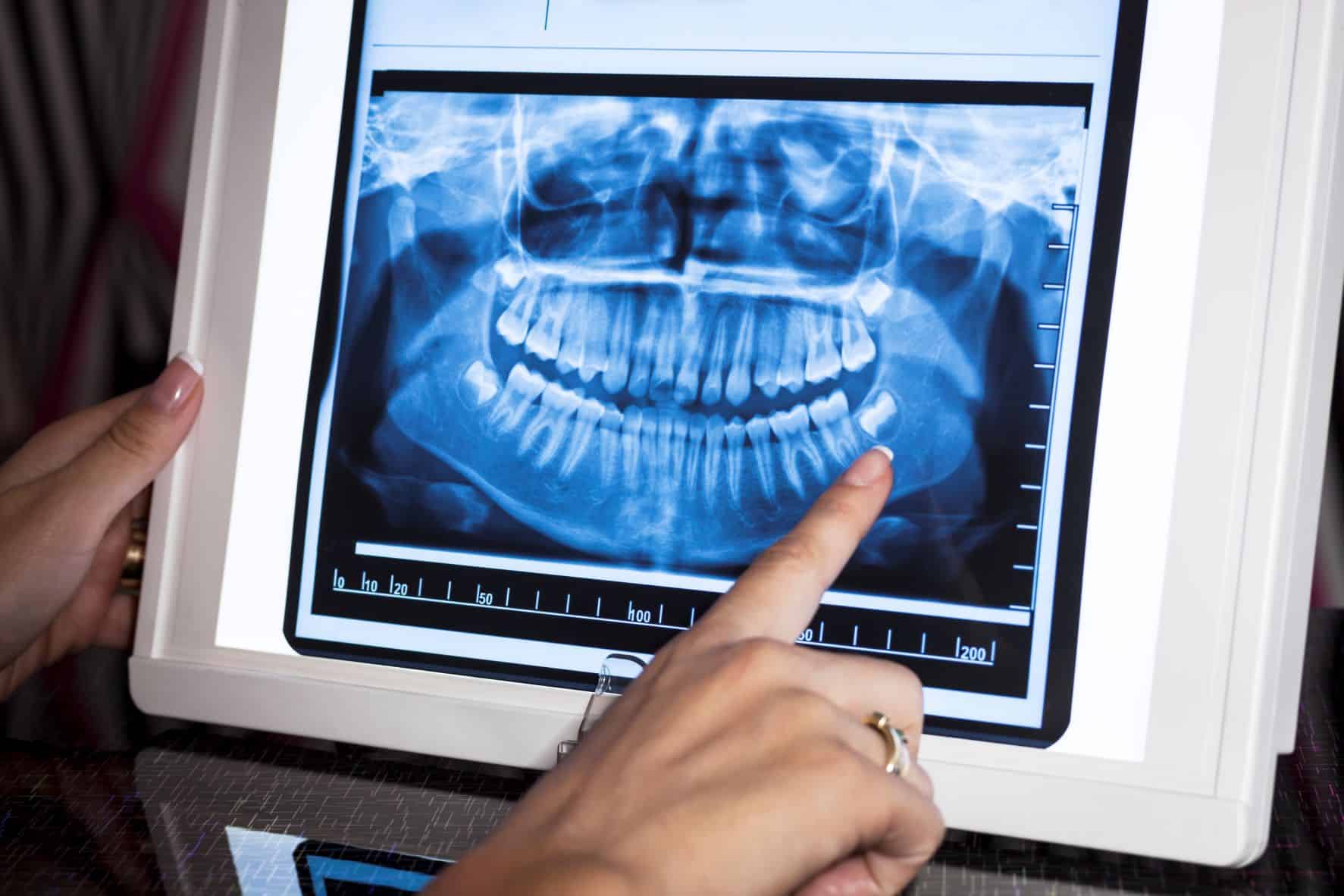
Does Everyone Have to Get Their Wisdom Teeth Removed?
You probably know more people who have had their wisdom teeth removed than haven’t. That’s because wisdom tooth extraction is incredibly common, with over 90% of Americans having their wisdom teeth removed at some point. Wisdom teeth, or “third molars,” get their name from the ages people tend to find their wisdom teeth coming in, around ages 17-21, though it is common to have them out before they start to erupt to avoid impaction.
While there are those who do not need to get their wisdom teeth removed, there are benefits to having them removed even if they aren’t currently causing any pain or discomfort. Let’s look at who exactly should get them out, who may not need to and the reasons your dentist may recommend their removal as well.
Wisdom Tooth Retention
There are several different factors that determine whether a person will be able to function well with their wisdom teeth over their lifetime. Wisdom teeth may not need to be removed if they are:
- Healthy.
- Fully grown in (erupted.)
- Positioned correctly in the mouth with a proper bite.
- Able to be cleaned with a regular oral hygiene routine.
Other factors that can determine wisdom teeth retention are:
Size Of The Jaw
Some people maintain enough space in their jaw for wisdom teeth. People come in all different shapes and sizes, and the same holds true for dentition. While humans have evolved smaller jaws due to not needing to gnaw at hard, earthy foods anymore, there are many people who have upper and lower jaws that are large enough to allow fully developed wisdom teeth to erupt and function perfectly their entire lives.
Wisdom Tooth Size
Most of the time, wisdom teeth are smaller than normal molars and have underdeveloped roots. Since they will not contribute to chewing force and have a higher risk for tooth loss, it is not recommended to keep small wisdom teeth. Normal, full-sized wisdom teeth with well-developed root structures can function and chew perfectly fine and may not prove detrimental to one’s dentition.
Ability to Be Cleaned
Because of the risk of tooth decay, this is arguably the most important factor in the decision to keep or remove wisdom teeth. In order to keep wisdom teeth, they must first be able to be cleaned just as easily as your other teeth or risk the need of extraction.
The biggest problem with most wisdom teeth is that their location in the mouth makes them difficult, if not nearly impossible, to clean. This can lead to plaque accumulation, cavities and gum disease.
At Risk for Cavities
If you are already at a high risk for cavities, then you should not attempt to keep your wisdom teeth. You can be a teeth cleaning dynamo, but if you are prone to cavities, your wisdom teeth will always harbor more bacteria than the other teeth in your mouth, and the risk of keeping them is greater than just removing them and not having to worry about them getting cavities, root canals or even pulled later on in life.
Reasons for Wisdom Teeth Removal
Dental professionals may recommend having your wisdom teeth pulled if you experience the following scenarios:
Not Enough Room in Your Mouth
This is one of the most common reasons to have your wisdom teeth removed as not having enough room in your mouth for them to fit can cause many additional problems as they continue to erupt. Overcrowding, tooth alignment, and impaction can occur as well as jaw pain, headaches and neck pain if wisdom teeth are left untreated.
Impacted Wisdom Teeth
Another issue that can occur when you don’t have enough room in your mouth for wisdom teeth to erupt properly is that they can get stuck developing in the bone, which is called impaction. Once the teeth are impacted, treatment becomes more complicated, so it is always best to catch any potential problems with wisdom teeth and remove them earlier than later.
Coming In Crooked
If your wisdom teeth come in fully, but are angled incorrectly, they can cause your other teeth to shift and move over time. There is also a chance that poorly aligned wisdom teeth can damage nearby teeth, so wisdom teeth removal can also benefit.
Warning Signs and Symptoms
If you experience any of the following symptoms in the area where your wisdom teeth are coming in/have erupted, make sure to contact your dentist right away for an appointment and before the discomfort becomes worse or more painful. Some important symptoms to look out for are:
- Pain
- Repeated infections of soft tissue near wisdom teeth eruption areas
- Cysts
- Damage to nearby teeth
- Gum disease
- Extensive decay/cavities
Don’t Wait For Your Wisdom Teeth To Become A Problem.
Carrie Muzny DDS and Associates offers the highest-quality dental services for our patients in The Woodlands and surrounding areas. Our highly acclaimed dentists are not only exceptionally trained in modern preventative techniques, but also have attained academic honors and continue to refine their craft year after year in preventative dentistry, restorative dentistry, surgical procedures, and cosmetic dentistry.
With our state-of-the-art technology and vast range of smile-perfecting procedures, including wisdom teeth extractions.
To let us help you get that perfect smile, contact us today. You can even request a virtual consultation!

